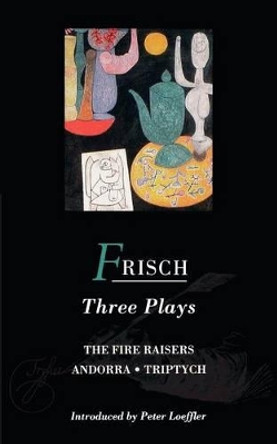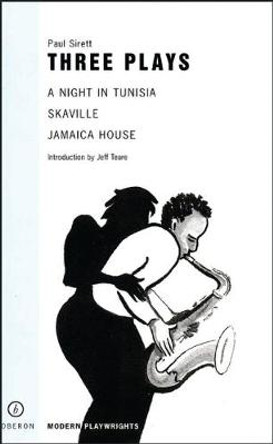"Take example, all ye that this do hear or see..." The Morality Play was popular in England between 1400 and 1600. It offers moral instruction and spiritual teaching with personal abstractions representing good and evil. Surviving plays from that period number about sixty and the three in this edition were among the first ten. Mankind is a plain, honest farming man who struggles against worldly and spiritual temptation. The bawdy humour and violent action in the play serve to make the moral point and instruct by example. Everyman portrays a man's struggles in the face of death to raise himself to a state of grace so that he may experience everlasting life. It is exceptional among the Moralities for this narrow focus on the last phase of life, and conveys its message with awe-inspiring seriousness. Mundus et Infans is more typical of the Morality genre. It shows an arrogant, bullying protagonist led astray by a single evildoer into a life of debauchery, before the inevitable conversion to virtue. In showing the whole of man's life it is the antithesis of Everyman, the action of which seems to take place in a single day.
Modernized versions of the play text edited to the highest textual standards Fully annotated student editions with obscure words explained and critical, contextual and staging insight provided on each page Full Introductions analyzing context, themes, author background and stage historyAbout the AuthorG. A. Lester has taught Medieval Language and Literature in Britain and the U.S.A. and has published books and articles on The Anglo-Saxons, Middle English Manuscripts, Chaucer, Medieval Drama, and Heraldic Literature.
Book InformationISBN 9780713666618
Author G.A. LesterFormat Paperback
Page Count 208
Imprint Methuen DramaPublisher Bloomsbury Publishing PLC
Weight(grams) 242g
Dimensions(mm) 198mm * 129mm * 16mm








